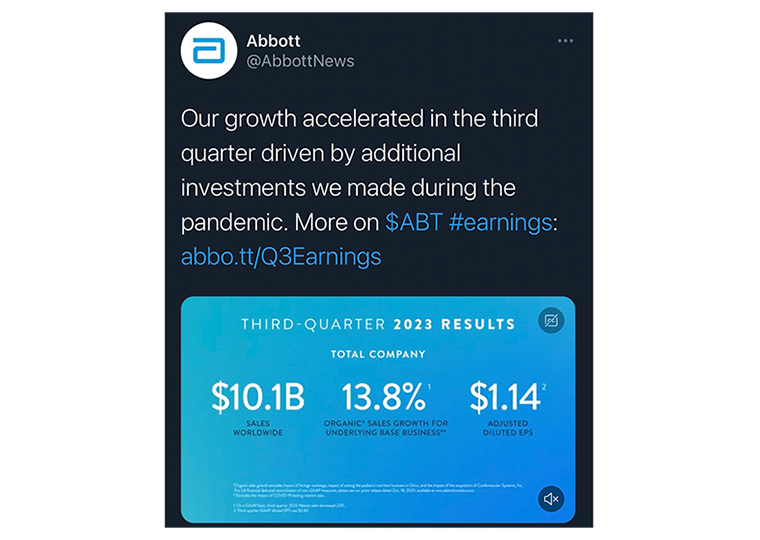Studying Chinese A and B shares reveals investor uncertainty
The Chinese stock market sets up a real-world lab in which to study the components of stock returns. Dozens of Chinese companies have two classes of shares. “A” shares are sold to domestic investors and “B” shares, denominated in U.S. or Hong Kong dollars, are available for foreign investment. Given that both share classes are for the same company generating the same revenue, cash flow and other financial results, it stands to reason that stock performance should be synchronized.
Yet it’s not. The A shares and B shares for the same company do not uniformly move in lock-step, as factors beyond fundamentals are at play.
That stock prices are pulled along by more than fundamentals — namely, by investor sentiment — is already well established. What’s of more pressing interest in academic circles is identifying the factors that cause a stock’s price to deviate from its fundamental value.
Opt In to the Review Monthly Email Update.
Using the unique structure of Chinese A and B shares, Liang Ma of the University of South Carolina, Tao Ma of Texas Tech and UCLA Anderson’s Henry Friedman were able to study the interplay of a company’s earnings quality and the amount of “noise” in its stock price. Noise is the portion of a stock’s return that can’t be explained by rational reading of its fundamentals. The gap between A and B share performance functions as an elegant proxy for noise (regardless of which class of shares trades higher; researchers were focused on the degree of correlation between A- and B-share stock returns).
The researchers studied 84 stocks with A and B shares from 1999 to 2013, focusing on the nature of their accounting earnings. They rolled up into one score four widely used metrics that gauge the aggressiveness of management in massaging earnings. The companies were ranked according to their earnings quality; firms where earnings management was more likely were deemed to have low-quality earnings.
The researchers then were able to assess whether earnings quality could reduce the level of noise in a company’s stock returns.
“We find a significantly negative relationship between our composite measure of earnings quality and NOISE estimated from A-B-share correlations,” the researchers report in Financial Reporting and Noise in Stock Returns: Evidence from Chinese A-B Twin Shares. “Noise is lower when earnings quality is higher.”
For C-suites, the research makes a case that relying on less accounting sleight of hand can keep the market more focused on fundamentals. Absent high-quality information, investors are more likely to turn up the noise, interjecting their own sentiment and analysis into their evaluation of the stock price.
The researchers further establish that investors fill an information void with their own opinions. They took a targeted look at noise levels right around the time management released its earnings reports. In those periods, when fundamental information was readily available, the volume of noise dissipated. “Consistent with earnings providing a substantial amount of financial information to investors and crowding out noise, we find that NOISE is significantly lower around earnings announcements.”
Featured Faculty
-
Henry L. Friedman
Professor of Accounting; Faculty Vice Chair of Curriculum and Teaching
About the Research
Ma, L., Ma, T., & Friedman, H. (2017). Financial reporting and noise in stock returns: Evidence from Chinese A-B twin shares.






